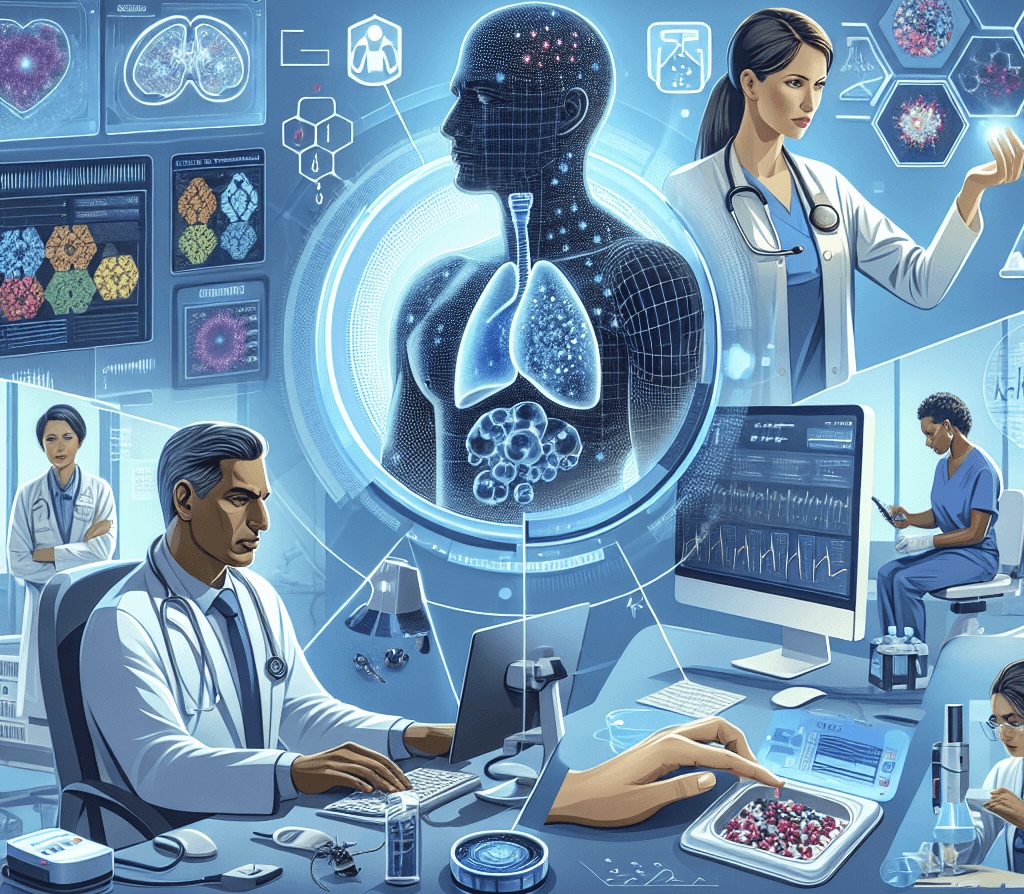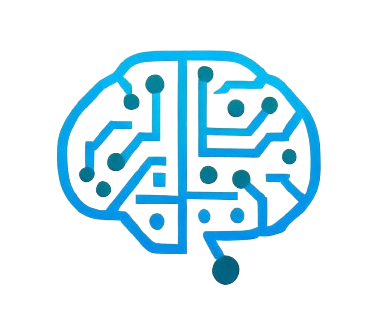
The healthcare is witnessing a revolutionary transformation, thanks to the advent of machine learning (ML) and artificial intelligence (AI). Cutting-edge ML techniques are now consistently pushed to the forefront of healthcare innovation, promising to refine patient care, enhance diagnostic accuracy, personalize treatment protocols, and streamline operational efficiencies.
Understanding Machine Learning in Healthcare
Machine learning (ML) is a transformative subset of artificial intelligence (AI) with profound implications for the healthcare sector. Unlike traditional programming, ML empowers software applications to enhance predictive accuracy without explicit, rule-based instructions. In healthcare, ML algorithms have the capability to assimilate and decipher intricate medical data, offering invaluable support to healthcare professionals and contributing to enhanced patient outcomes.
The application of ML in healthcare is diverse and impactful. Predictive analytics, a branch of ML, aids in forecasting patient trends, enabling timely interventions and personalized treatment plans. Diagnostic imaging benefits from ML algorithms that analyze vast datasets to identify patterns indicative of diseases, thereby improving diagnostic accuracy. Additionally, ML facilitates the customization of treatment protocols based on individual patient characteristics, optimizing therapeutic effectiveness.
ML is instrumental in risk stratification, identifying patients at higher risk for certain conditions and facilitating preventive measures. In the realm of genomics, ML accelerates the analysis of vast genetic datasets, unlocking insights into disease susceptibility and guiding precision medicine initiatives.
Forecasting Health Concerns
One of the most promising aspects of ML in healthcare is predictive analytics. This involves using algorithms to analyze historical and real-time data to predict future outcomes. Hospitals use predictive models to identify patients at high risk of readmission or suffering complications post-surgery, allowing medical staff to intervene early and implement preventive measures.
Imagine a healthcare system where doctors can foresee a potential heart attack days before it occurs, or a diabetes management app that warns patients of likely blood sugar spikes. This reality is swiftly dawning upon us, thanks to ML-driven predictive analytics.
Detecting Diseases with Precision
Machine learning shines in the realm of diagnostics by enhancing the precision and speed of disease detection. Tools like ML-powered imaging software can scrutinize X-rays, MRIs, and CT scans to identify abnormalities with a level of detail and consistency that surpasses human capabilities. For instance, algorithms can detect cancerous tumors in their nascent stages, significantly increasing the chances of successful treatment.
Moreover, diagnostic ML applications aren’t limited to imaging. They also extend to blood tests, genetic sequencing, and other forms of medical test analysis. With machine learning, subtle patterns within data that might elude even the most experienced professionals can be uncovered, often leading to early interventions and improved patient prognoses.
Customized Care for Each Patient
Treatment plans tailored to the individual needs and biological makeup of each patient is another brilliant manifestation of ML in healthcare. By analyzing large datasets, including genetic information, lifestyle factors, and previous treatment outcomes, ML algorithms can aid in crafting personalized treatment regimens. This approach not only maximizes the efficacy of the treatment but also minimizes potential side effects and is particularly transformative in fields such as oncology and pharmacology.
For example, cancer patients can benefit from personalized therapy regimens that consider their tumor’s specific genetic mutations, which leads to more targeted and effective chemotherapy and immunotherapy protocols.
Streamlining Healthcare Administration
Machine learning isn’t only revolutionizing clinical outcomes; it’s also overhauling administrative tasks within healthcare settings. Appointment scheduling, patient flow, inventory management, and billing become increasingly optimized when ML algorithms analyze patterns and automate these operations. Less time spent on paperwork translates to more time for patient care, and resource allocation is optimized, slashing wasteful spending and enhancing the overall efficiency of healthcare organizations.
Enhancing Patient Engagement and Monitoring
A burgeoning area where ML has substantial impact is in assistive technology. Devices and apps equipped with ML algorithms can aid in monitoring patient health in real time, provide reminders for medication, and even offer preliminary advice. The power of such technology lies in its capability to engage patients in their own care journey, fostering a collaborative approach to health management between patients and healthcare providers.
Consider a wearable device that tracks your activity levels, heart rate, and sleep patterns. With ML, such data can offer deep insights into your health status, potentially alerting you and your doctor to any concerning trends or health risks.
Ethical Considerations and Data Privacy
While the applications of ML in healthcare are boundless, numerous challenges also need to be navigated carefully. Foremost among these are considerations of ethics and data privacy. Ensuring the responsible use of patient data and maintaining robust privacy measures are paramount for the sustained integration of machine learning within healthcare. Only with trust and transparency can the full potential of machine learning be harnessed to boost patient care.
Moreover, there persists a pressing need for standardized protocols that dictate how ML systems are developed, trained, and validated within healthcare settings. Interdisciplinary collaboration between medical practitioners, data scientists, and ethicists will be essential to forge guidelines that prioritize patient welfare.
AI and ML as Healthcare Stalwarts
Looking ahead, it is clear that machine learning is set to be a cornerstone of healthcare innovation. With each technological advancement, the boundary of what ML can achieve is pushed further, promising more enhanced, efficient, and personalized patient care. As the synergy between healthcare professionals and ML deepens, the prophesied future where AI and ML are healthcare stalwarts doesn’t seem like a far-off reality but an imminent and exciting dawn.
We are at the cusp of a new era where technology empowers us to provide unprecedented levels of patient care, redefine the accuracy of diagnostics and prognostics, and personalize treatments in ways we’ve never seen before.
